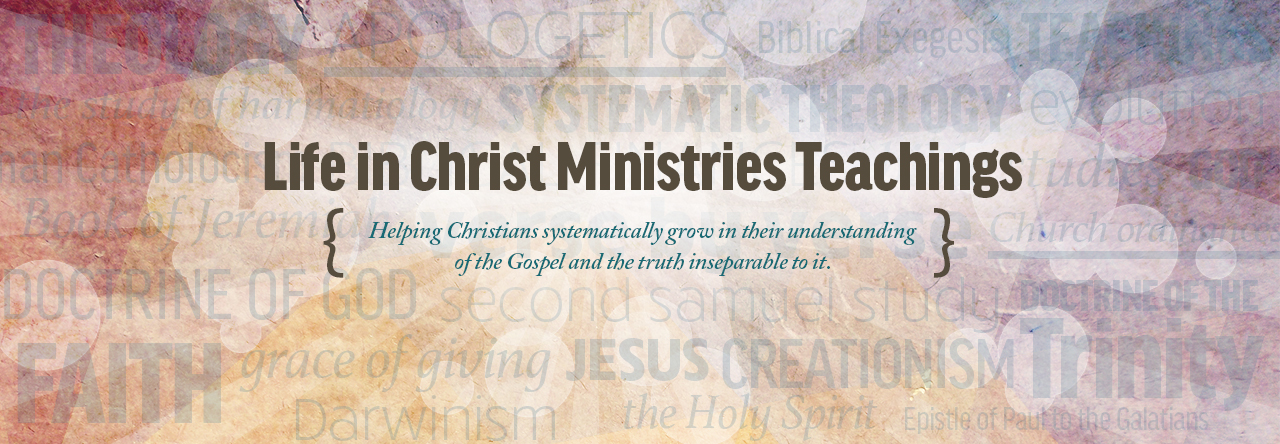1 “I said in my heart, “Come now, I will test you with mirth; therefore enjoy pleasure”; but surely, this also was vanity. 2 I said of laughter—“Madness!”; and of mirth, “What does it accomplish?” 3 I searched in my heart how to gratify my flesh with wine, while guiding my heart with wisdom, and how to lay hold on folly, till I might see what was good for the sons of men to do under heaven all the days of their lives. (Eccl. 2:1-3)
The opening verse of chapter two is a telling one. Solomon spoke to his heart saying, “I will test you with mirth [i.e. gladness]; therefore, enjoy pleasure” (2:1a). He was in essence doing an investigation trying to find out what could bring lasting fulfillment and lasting happiness. But… it didn’t work out. He said, “This also was vanity” (vs.1b). Pursuing laughter and the constant ecstasy of frivolity was seen to be madness (vs.2a).















